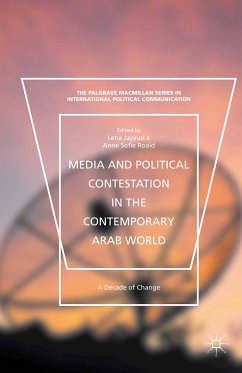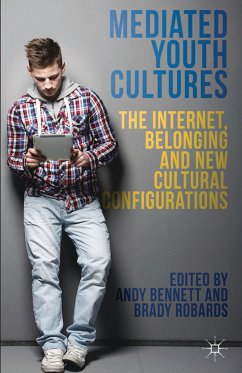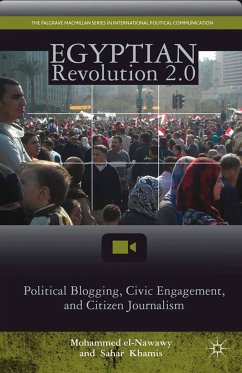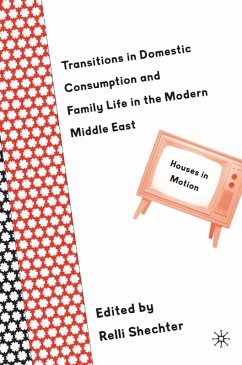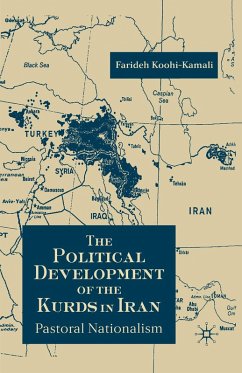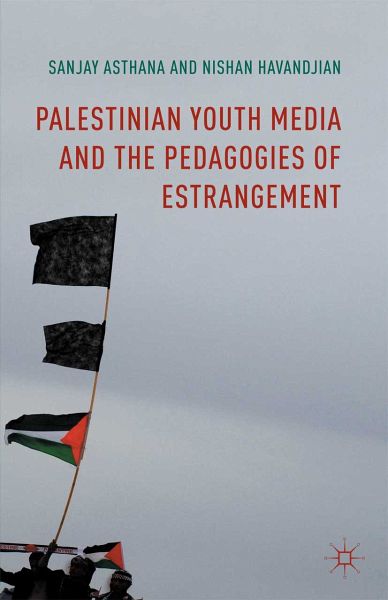
Palestinian Youth Media and the Pedagogies of Estrangement (eBook, PDF)
Versandkostenfrei!
Sofort per Download lieferbar
72,95 €
inkl. MwSt.
Weitere Ausgaben:

PAYBACK Punkte
36 °P sammeln!
Through an investigation on how Palestinian youth appropriate low-end information and communication technologies (ICTs) and digital media forms, Sanjay Asthana and Nishan Havandjian analyze how certain developments in globalization and media convergence enable young people to create new civic spaces.
Dieser Download kann aus rechtlichen Gründen nur mit Rechnungsadresse in A, B, BG, CY, CZ, D, DK, EW, E, FIN, F, GR, HR, H, IRL, I, LT, L, LR, M, NL, PL, P, R, S, SLO, SK ausgeliefert werden.



